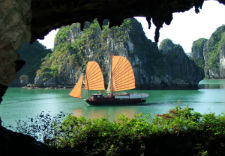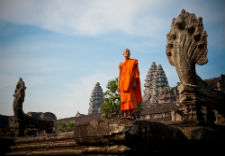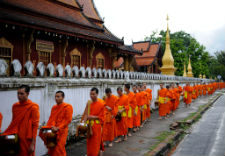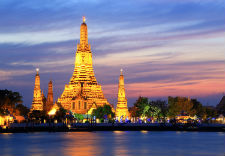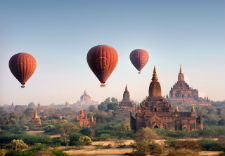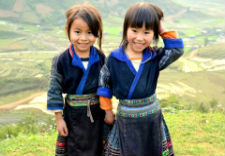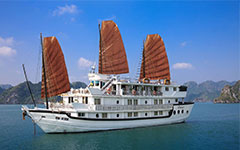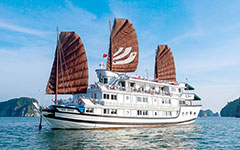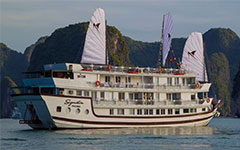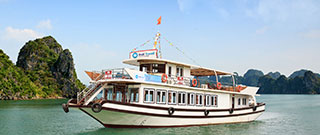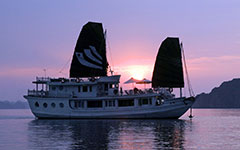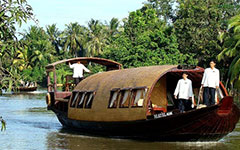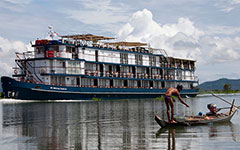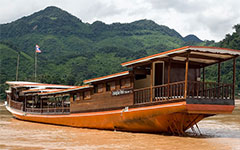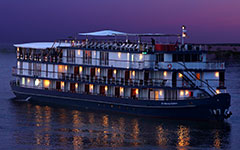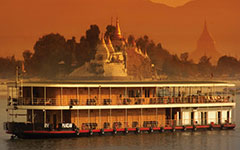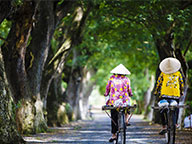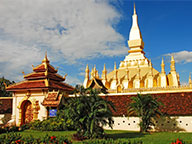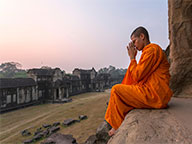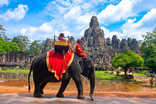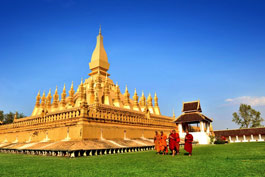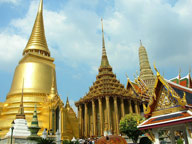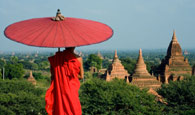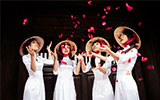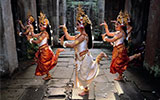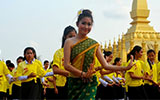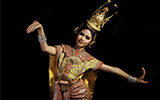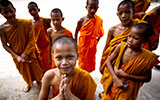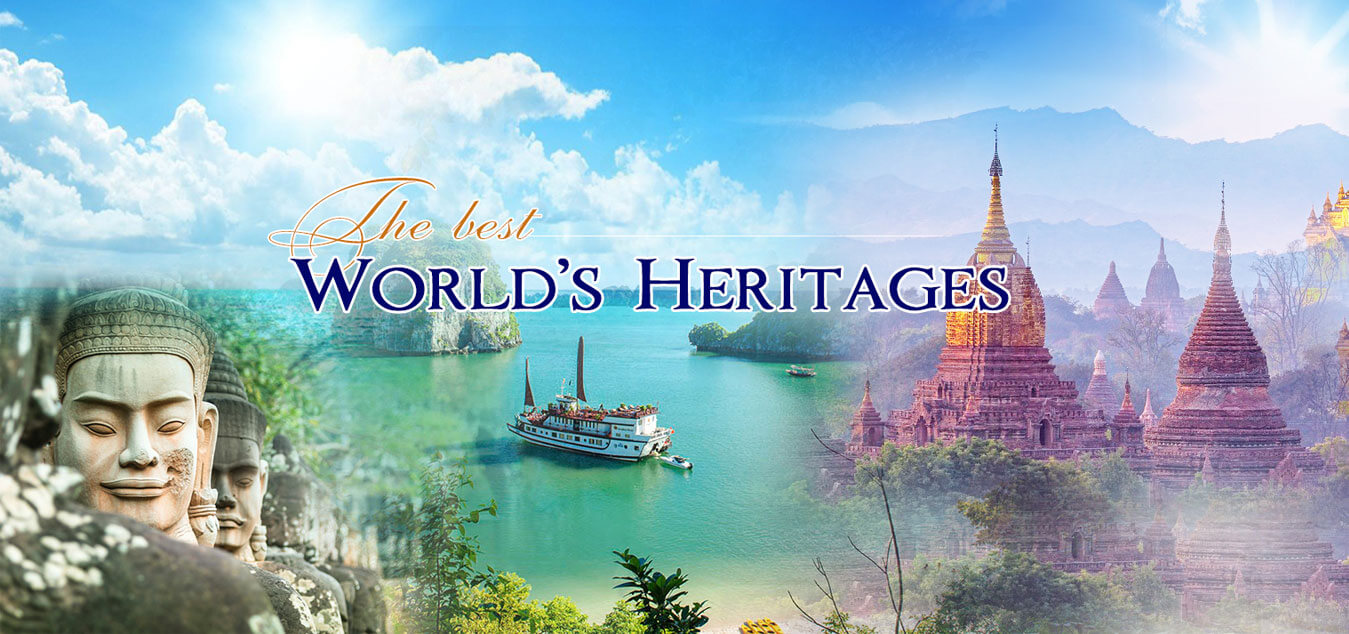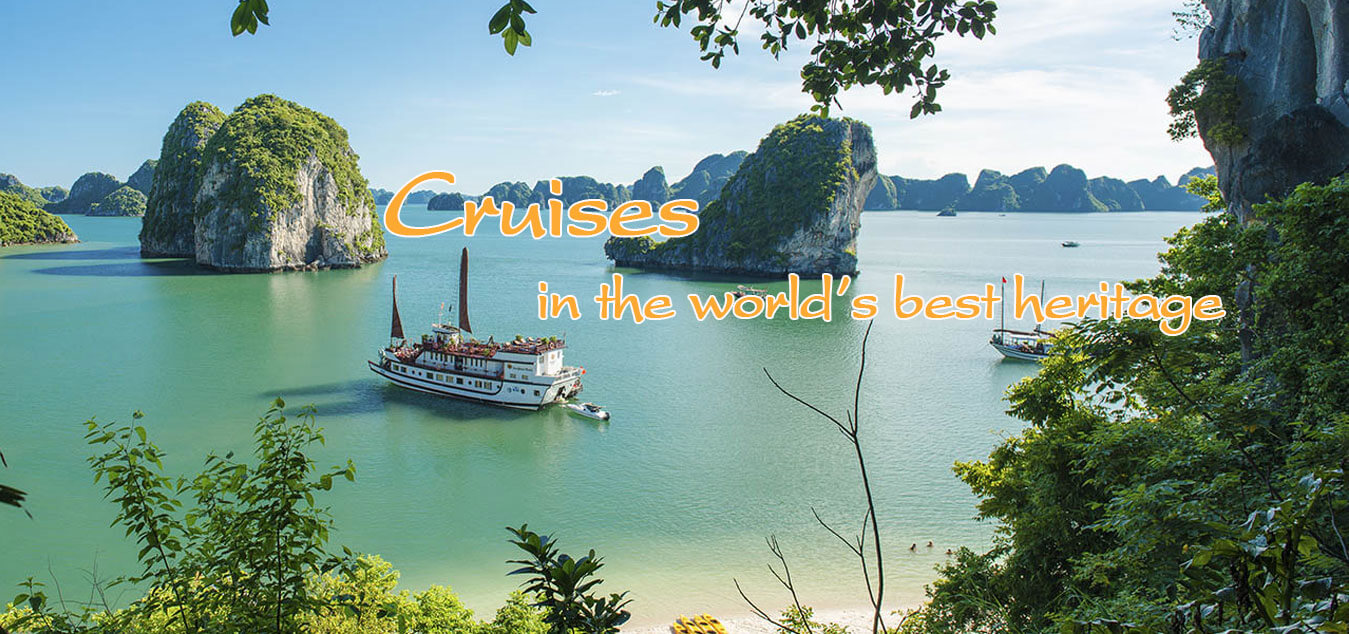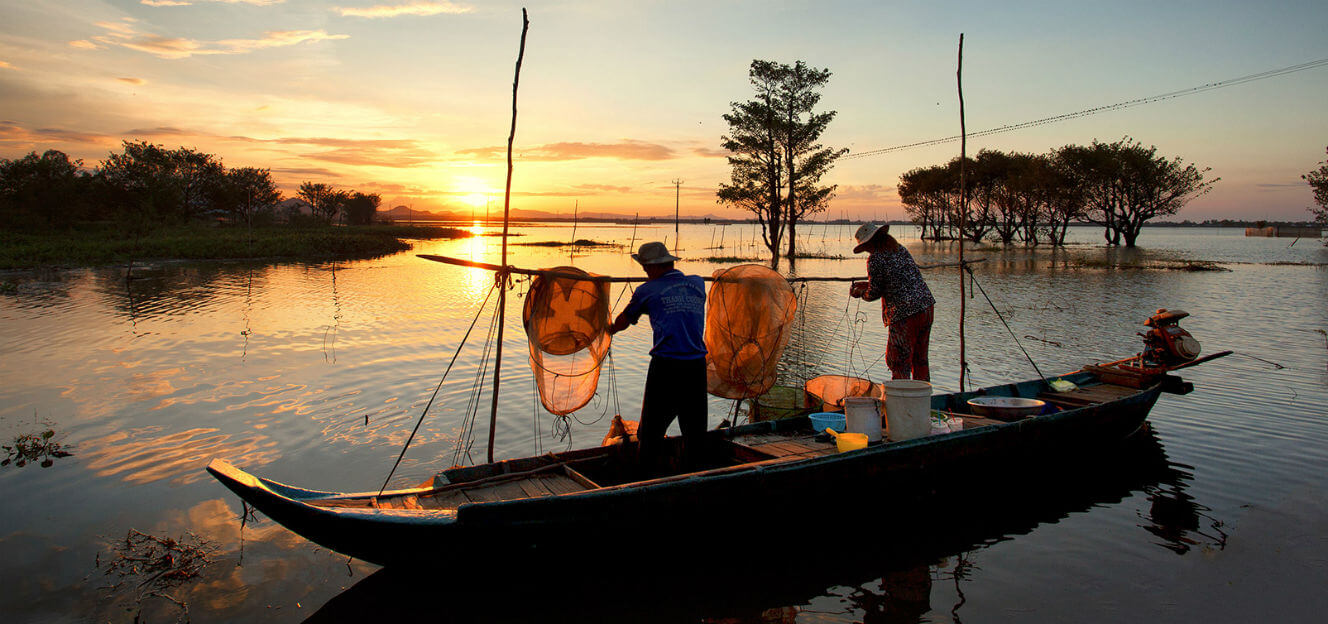Food & Water when you travel
Contaminated food or drinks can cause travelers’ diarrhea and other diseases. Travelers to developing countries are especially at risk. Reduce your risk by sticking to safe eating and drinking habits.
FOOD
Hot food
High heat kills the germs that cause travelers’ diarrhea, so food that is cooked thoroughly is usually safe as long as it is served steaming hot. Be careful of food that is cooked and allowed to sit at warm or room temperatures, such as on a buffet. It could become contaminated again.
Dry or packaged food
Most germs require moisture to grow, so food that is dry, such as bread or potato chips, is usually safe. Additionally, food from factory-sealed containers, such as canned tuna or packaged crackers, is safe as long as it was not opened and handled by another person.
Raw food
Raw food should generally be avoided. Raw fruits or vegetables may be safe if you can peel them yourself or wash them in safe (bottled or disinfected) water. Steer clear of platters of cut-up fruit or vegetables. (Did you see the hands that cut them? Can you be sure those hands were clean?) Salads are especially problematic because shredded or finely cut vegetables offer a lot of surface area for germs to grow on. Also avoid fresh salsas or other condiments made from raw fruits or vegetables. Raw meat or seafood may contain germs; this includes raw meat that is “cooked” with citrus juice, vinegar, or other acidic liquid (such as ceviche, a dish of raw seafood marinated in citrus juice).
Street food
Street vendors in developing countries may not be held to the same hygiene standards as restaurants (which may be low to begin with), so eat food from street vendors with caution. If you choose to eat street food, apply the same rules as to other food; for example, if you watch something come straight off the grill (cooked and steaming hot), it’s more likely to be safe.
DRINKS
Bottled or canned drinks
Drinks from factory-sealed bottles or cans are safe; however, dishonest vendors in some countries may sell tap water in bottles that are “sealed” with a drop of glue to mimic the factory seal. Carbonated drinks, such as sodas or sparkling water, are safest since the bubbles indicate that the bottle was sealed at the factory. If drinking directly from a can, wipe off the lip of the can before your mouth comes into contact with it
Hot Drinks
Hot coffee or tea should be safe if it is served steaming hot. It’s okay to let it cool before you drink it, but be wary of coffee or tea that is served only warm or at room temperature. Be careful about adding things that may be contaminated (cream, lemon) to your hot drinks (sugar should be fine; see “Dry food” above).
Milk
Pasteurized milk from a sealed bottle should be okay, but watch out for milk in open containers (such as pitchers) that may have been sitting at room temperature. This includes the cream you put in your coffee or tea. People who are pregnant or have weakened immune systems should stay away from unpasteurized milk or other dairy products (cheese, yogurt).
Alcohol
The alcohol content of most liquors is sufficient to kill germs; however, stick to the guidelines above when choosing mixers and avoid drinks “on the rocks” (see “Ice” below). The alcohol content of beer and wine is probably not high enough to kill germs, but if it came from a sealed bottle or can, it should be okay.
Tap water
In most developing countries, tap water should probably not be drunk, even in cities. This includes swallowing water when showering or brushing your teeth. In some areas, it may be advisable to brush your teeth with bottled water. Tap water can be disinfected by boiling, filtering, or chemically treating it, for example with chlorine
Fountain drinks
Sodas from a fountain are made by carbonating water and mixing it with flavored syrup. Since the water most likely came from the tap, these sodas are best avoided. Similarly, juice from a fountain is most likely juice concentrate mixed with tap water and should be avoided
Ice
Avoid ice in developing countries; it was likely made with tap water, but at luxury restaurant, ice would be safe to all travelers. It refers their business reputation
Freshly squeezed juice
If you washed the fruit in safe water and squeezed the juice yourself, drink up. Juice that was squeezed by unknown hands may be risky. The same goes for ice pops and other treats that are made from freshly squeezed juice
DON'T EAT
- Food served at room temperature
- Food from street vendors
- Raw or soft-cooked (runny) eggs
- Raw or undercooked (rare) meat or fish
- Unwashed or unpeeled raw fruits and vegetables
- Condiments (such as salsa) made with fresh ingredients
- Salads
- Flavored ice or popsicles
- Unpasteurized dairy products
- Bushmeat (monkeys, bats, or other wild game)
DON'T DRINK
- Tap or well water
- Fountain drinks
- Ice made with tap or well water
- Drinks made with tap or well water (such as reconstituted juice)
- Unpasteurized milk
